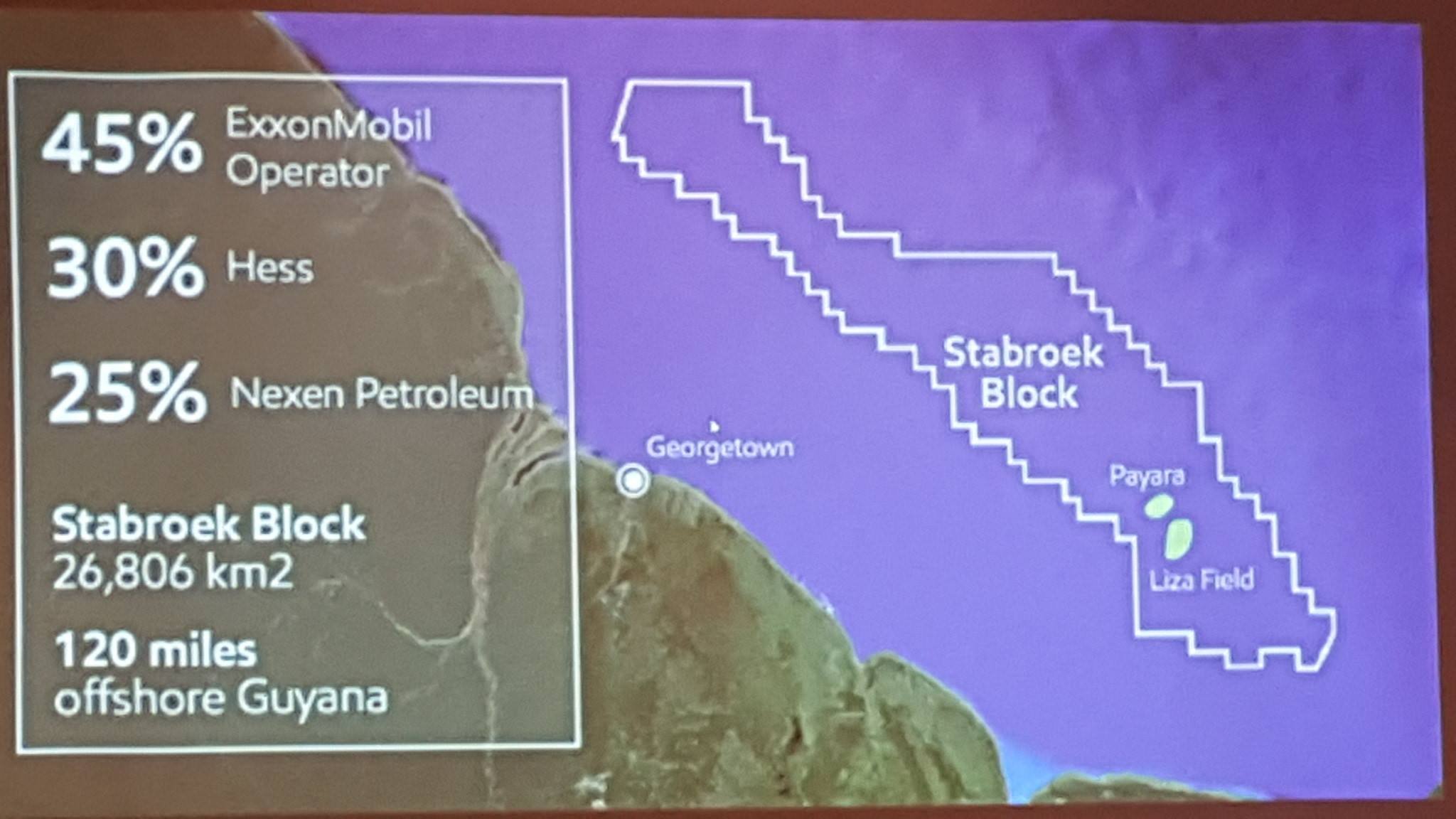
🌐 Venezuela’s Annexation Bid: A Risky Referendum Unfolds
In a surprising turn of events, Venezuela held a contentious referendum, with an overwhelming 95% of voters supporting the claim to sovereignty over Guyana’s oil-rich territory, Essequibo. The disputed region, covering over 61,000 square miles and holding significant offshore oil reserves, has long been a point of contention between the two nations.
International Dispute Amidst Domestic Turmoil
The timing of this move raises eyebrows, especially as Essequibo is part of an active case at the International Court of Justice (ICJ). Guyana has been pursuing legal action against Venezuela’s attempts to claim a substantial portion of its territory, making the recent referendum a bold and provocative move.
Despite Guyana’s plea to the ICJ to halt the referendum, Venezuela proceeded, emphasizing its refusal to recognize the court’s authority. The ICJ, in response, ordered Caracas not to take any actions regarding Essequibo. Still, reports suggest Venezuela is moving forward with plans, including the construction of an airstrip in the contested area.
Regional and Global Concerns
The international community is closely monitoring the situation, expressing concern over the potential ramifications of Venezuela’s actions. Guyana’s government has voiced its vigilance, fearing that the referendum might be a precursor to a full-fledged annexation of Essequibo by Venezuela.
The dispute dates back to the late 19th century, with historical arbitration granting control of Essequibo to Guyana. The recent escalation, fueled by Venezuela’s bold move, raises questions about the intentions behind the annexation bid.
Analyzing Maduro’s Motivations
Analysts speculate that the referendum might be a strategic maneuver by President Maduro to strengthen domestic support ahead of upcoming elections. Venezuela, grappling with economic challenges and sanctions, sees nationalist sentiments as a potential unifier.
However, the move carries significant risks. A military annexation could have severe consequences, closing doors to negotiations with the US and potentially triggering a reimposition of sanctions on Venezuela’s oil sector—a critical lifeline for the country’s economy.
Global Implications for Oil Markets
Beyond the geopolitical tensions, the situation in Essequibo has implications for global oil markets. The region, home to substantial oil discoveries by Exxon, has become a focal point for energy interests. Any disruption or conflict could impact oil production and supply chains, affecting global energy dynamics.
Conclusion: Navigating Uncharted Waters
As Venezuela presses forward with its annexation bid, the international community faces the challenge of addressing a complex geopolitical scenario. The delicate balance between political posturing and potential military actions underscores the need for diplomatic solutions to prevent further escalation and maintain stability in the region. 🌍🤝
Untill next time,
Santiago
